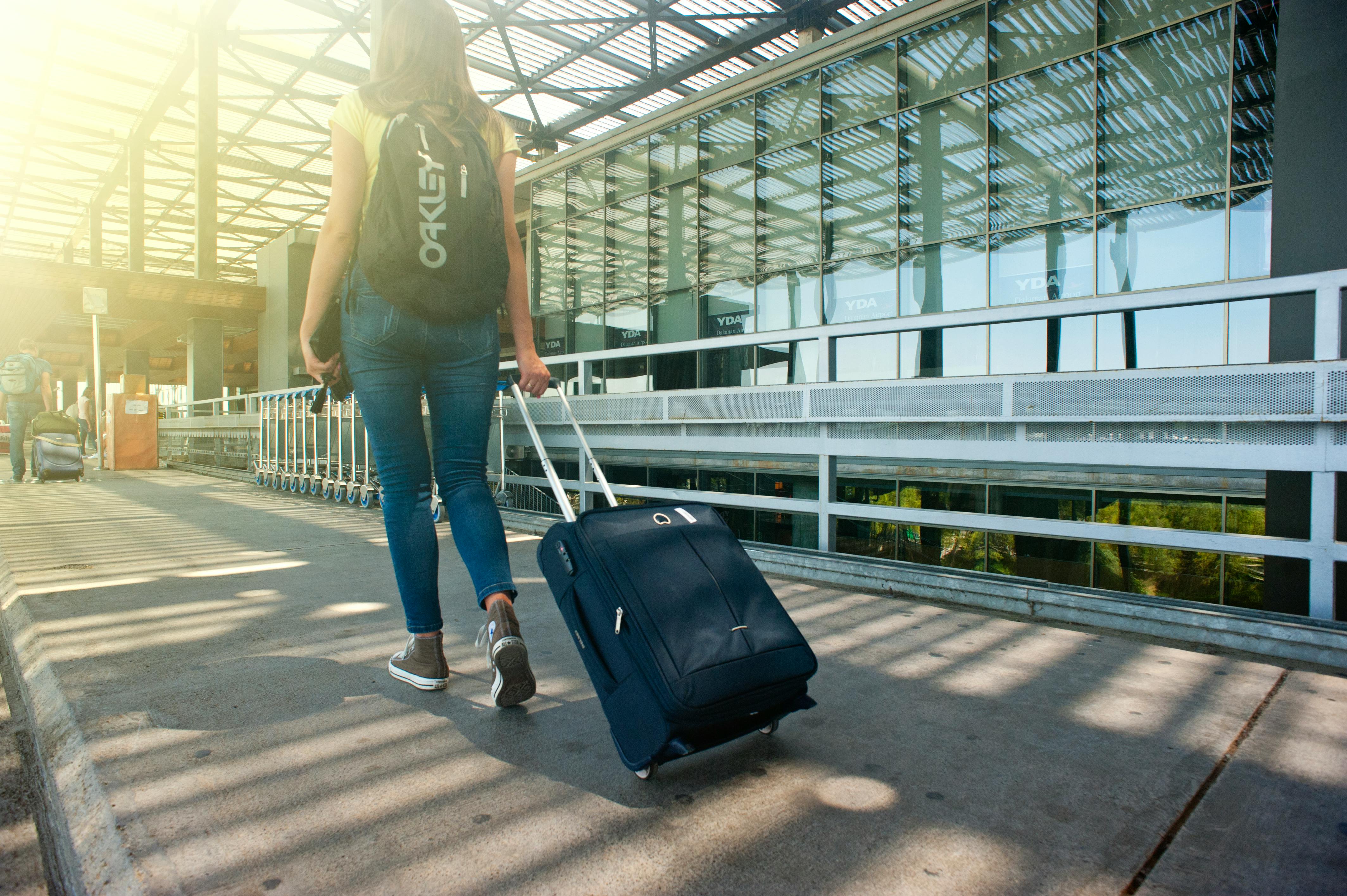Smart Ways to Explore Your Destination and Save Money
Traveling is a thrilling adventure, but it can also be expensive if you’re not careful. However, with a bit of planning and smart choices, you can explore your destination without breaking the bank. Here are some savvy tips to help you make the most of your trip while saving money.
1. Use Public Transportation
One of the easiest ways to save money while exploring a new city is to use public transportation. Many cities offer day passes or weekly passes that provide unlimited access to buses, trams, and subways. This is often much cheaper than relying on taxis or ride-sharing services. Plus, using public transportation allows you to experience the city like a local.
2. Take Advantage of Free Attractions
Many cities have a wealth of free attractions, from parks and gardens to museums and cultural landmarks. Before your trip, research which attractions don’t charge an entry fee. Some museums offer free admission on certain days of the week or during specific hours, so plan your visit accordingly. Walking tours, often led by volunteers or locals passionate about their city, can also be a cost-effective way to learn about your destination.
3. Eat Like a Local
Dining out can quickly become one of the most significant expenses while traveling. To save money, avoid touristy restaurants and seek out where the locals eat. Street food, food trucks, and local markets often offer delicious and authentic meals at a fraction of the cost of a sit-down restaurant. If you’re staying in accommodation with a kitchen, consider buying fresh produce from local markets and cooking some meals yourself.
4. Consider Alternative Accommodations
Hotels can be expensive, especially in popular tourist destinations. Consider alternative accommodations like hostels, vacation rentals, or even house-sitting opportunities. Websites like Airbnb, Vrbo, and Couchsurfing offer a range of options that can fit different budgets. Staying in a vacation rental or hostel can also provide access to a kitchen, allowing you to save money on meals.
5. Travel During Off-Peak Seasons
Timing can make a huge difference in your travel budget. Traveling during the off-peak season means lower prices on everything from flights to accommodations. In addition, tourist attractions are often less crowded, allowing you to enjoy your destination more peacefully. Research the peak seasons for your destination and try to plan your trip just before or after these times.
6. Book in Advance or Last Minute
Booking flights and accommodations in advance can often save you a significant amount of money. Airlines and hotels frequently offer discounts for early bookings. On the other hand, if you’re flexible with your travel plans, last-minute deals can also be a great way to save. Websites and apps specializing in last-minute bookings can help you find discounted rates on flights, hotels, and experiences.
7. Use Travel Rewards and Discount Programs
If you travel frequently, consider signing up for travel rewards programs. Many airlines, hotels, and credit cards offer points that can be redeemed for free flights, accommodations, or other perks. Additionally, look for discount programs or city passes that offer reduced rates on multiple attractions. These passes can often save you money if you plan to visit several sights during your trip.
8. Walk or Rent a Bike
Exploring a city on foot or by bike is not only an affordable option, but it also allows you to see more of the local culture up close. Many cities offer bike rentals at low costs, and some even have free bike-sharing programs. Walking or biking also gives you the freedom to explore at your own pace, discover hidden gems, and avoid the cost of transportation altogether.
9. Shop at Local Markets
Instead of buying souvenirs from tourist shops, visit local markets. Not only will you find unique and authentic items, but you can also haggle for a better price. Local markets are also great places to pick up fresh food and snacks, often at lower prices than grocery stores or restaurants.
10. Plan and Budget Your Activities
Before you travel, make a list of the activities and attractions you want to experience. Prioritize them based on your interests and budget. By planning ahead, you can allocate your funds more effectively and avoid overspending on spur-of-the-moment decisions. Having a budget also helps you track your expenses and ensure you have enough funds for the entire trip.
Exploring a new destination doesn’t have to be expensive. By using public transportation, taking advantage of free attractions, eating like a local, and being smart about your accommodations, you can have a fantastic trip without overspending. With these tips, you can immerse yourself in the local culture, experience the best your destination has to offer, and return home with great memories and some money left in your pocket.








Post Comment